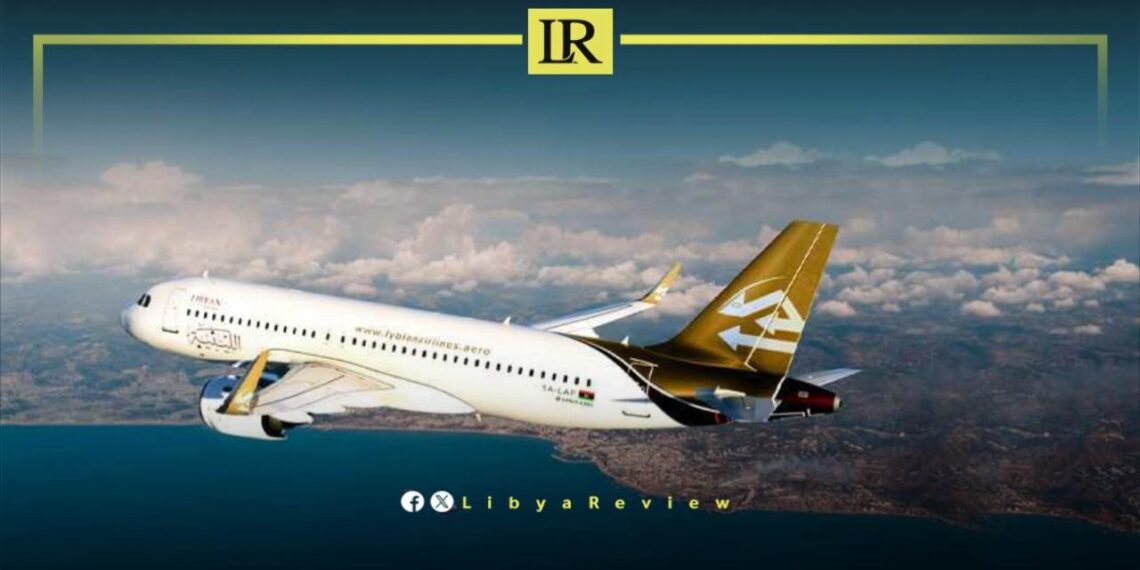Libyan Airlines has suffered losses of nearly 2 billion dinars ($371 million) since 2011, according to Abdel-Salam Al-Tamimi, head of the Libyan Air Transport Workers’ Union.
In remarks to Independent Arabia, Al-Tamimi revealed that the airline has lost 17 aircraft over the past years due to wars and lack of maintenance. The national carrier currently operates with only two planes in its fleet.
He further noted that the company has not received any financial support or compensation for the damages it sustained during the past decade of conflict and instability.
The airline’s struggles reflect the broader challenges facing Libya’s aviation sector, which has been severely impacted by political division, repeated outbreaks of violence, and international restrictions on Libyan airspace.
Industry experts warn that without urgent restructuring and investment, the airline may face further operational paralysis. Calls have intensified for the Libyan government to step in and provide a recovery plan to preserve the country’s flagship carrier.
Libya has been in chaos since a NATO-backed uprising toppled longtime leader Muammar Gaddafi in 2011. The county has for years been split between rival administrations.
Libya’s economy, heavily reliant on oil, has suffered due to the ongoing conflict. The instability has led to fluctuations in oil production and prices, impacting the global oil market and Libya’s economy.
The conflict has led to a significant humanitarian crisis in Libya, with thousands of people killed, and many more displaced. Migrants and refugees using Libya as a transit point to Europe have also faced dire conditions.
The planned elections for December 2021 were delayed due to disagreements over election laws and the eligibility of certain candidates. This delay has raised concerns about the feasibility of a peaceful political transition.
Despite the ceasefire, security remains a significant concern with sporadic fighting and the presence of mercenaries and foreign fighters. The unification of the military and the removal of foreign forces are crucial challenges.


